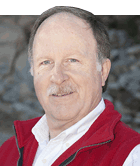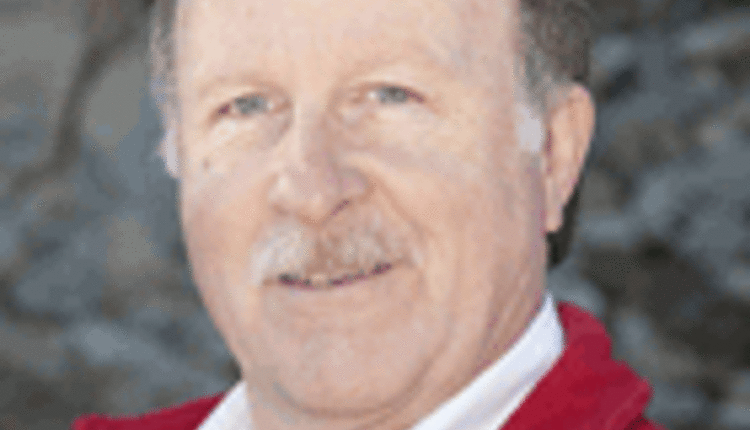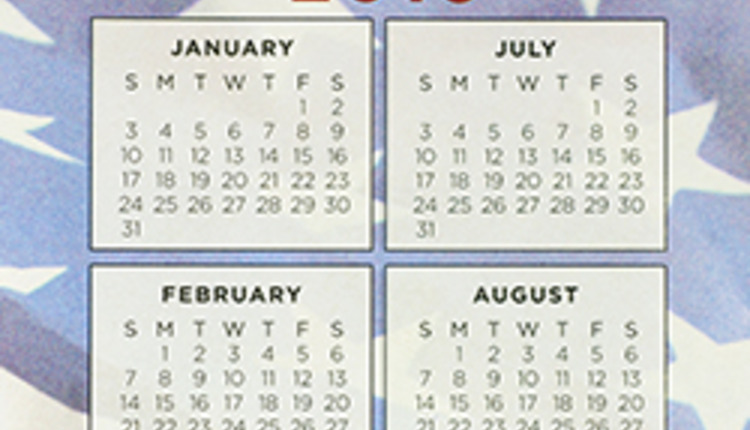Dairy cows, particularly Holsteins, are slowly declining in conception rate. It's a decades-old trend that robs profitability from milk producers and threatens the long-term viability of the dairy industry.
However, researchers think genetic screening tests - genomics - may hold promise in stopping or even reversing the decline. But they badly need producers' help, and to seek it they will hold two open forum meetings next week in Tulare, Calif., during World Ag Expo.
The meetings will be held from 7 to 8:30 p.m., Tuesday, February 11 and Wednesday, February 12 at the U.C. Davis Veterinary Medicine Teaching and Research Center, located about 1 mile south of the World Ag Expo show grounds. Identical meetings were held last October during World Dairy Expo in Madison, Wis.
Producer input is an early and key part of a five-year research project being done by scientists at Washington State University, the University of Idaho and the University of Florida. Its objective is to locate genes in dairy cattle that are associated with fertility.
Researchers want to hear what experiences and results producers have had with genomic testing at their own farms. They want to know why and how producers have used the tests that are already available - or why they haven't tried them. They want to hear everything that producers think about or want to know about genomics.
Later, researchers in Washington and Idaho will collect blood and other genetic material from animals in cooperating herds to identify genetic markers for fertility in cows and heifers, while Florida researchers will look for similar markers in bulls.
Thirty years ago, the average conception rate in dairy cattle was around 50 percent. Today, it's about 35 percent. Crossbreeding with nontraditional dairy breeds has allowed some producers to address the problem, but it typically comes at the expense of milk production.
 The author has served large Western dairy readers for the past 36 years and manages Hoard's WEST, a publication written specifically for Western herds. He is a graduate of Cal Poly-San Luis Obispo, majored in journalism and is known as a Western dairying specialist.
The author has served large Western dairy readers for the past 36 years and manages Hoard's WEST, a publication written specifically for Western herds. He is a graduate of Cal Poly-San Luis Obispo, majored in journalism and is known as a Western dairying specialist.
However, researchers think genetic screening tests - genomics - may hold promise in stopping or even reversing the decline. But they badly need producers' help, and to seek it they will hold two open forum meetings next week in Tulare, Calif., during World Ag Expo.
The meetings will be held from 7 to 8:30 p.m., Tuesday, February 11 and Wednesday, February 12 at the U.C. Davis Veterinary Medicine Teaching and Research Center, located about 1 mile south of the World Ag Expo show grounds. Identical meetings were held last October during World Dairy Expo in Madison, Wis.
Producer input is an early and key part of a five-year research project being done by scientists at Washington State University, the University of Idaho and the University of Florida. Its objective is to locate genes in dairy cattle that are associated with fertility.
Researchers want to hear what experiences and results producers have had with genomic testing at their own farms. They want to know why and how producers have used the tests that are already available - or why they haven't tried them. They want to hear everything that producers think about or want to know about genomics.
Later, researchers in Washington and Idaho will collect blood and other genetic material from animals in cooperating herds to identify genetic markers for fertility in cows and heifers, while Florida researchers will look for similar markers in bulls.
Thirty years ago, the average conception rate in dairy cattle was around 50 percent. Today, it's about 35 percent. Crossbreeding with nontraditional dairy breeds has allowed some producers to address the problem, but it typically comes at the expense of milk production.
 The author has served large Western dairy readers for the past 36 years and manages Hoard's WEST, a publication written specifically for Western herds. He is a graduate of Cal Poly-San Luis Obispo, majored in journalism and is known as a Western dairying specialist.
The author has served large Western dairy readers for the past 36 years and manages Hoard's WEST, a publication written specifically for Western herds. He is a graduate of Cal Poly-San Luis Obispo, majored in journalism and is known as a Western dairying specialist.







